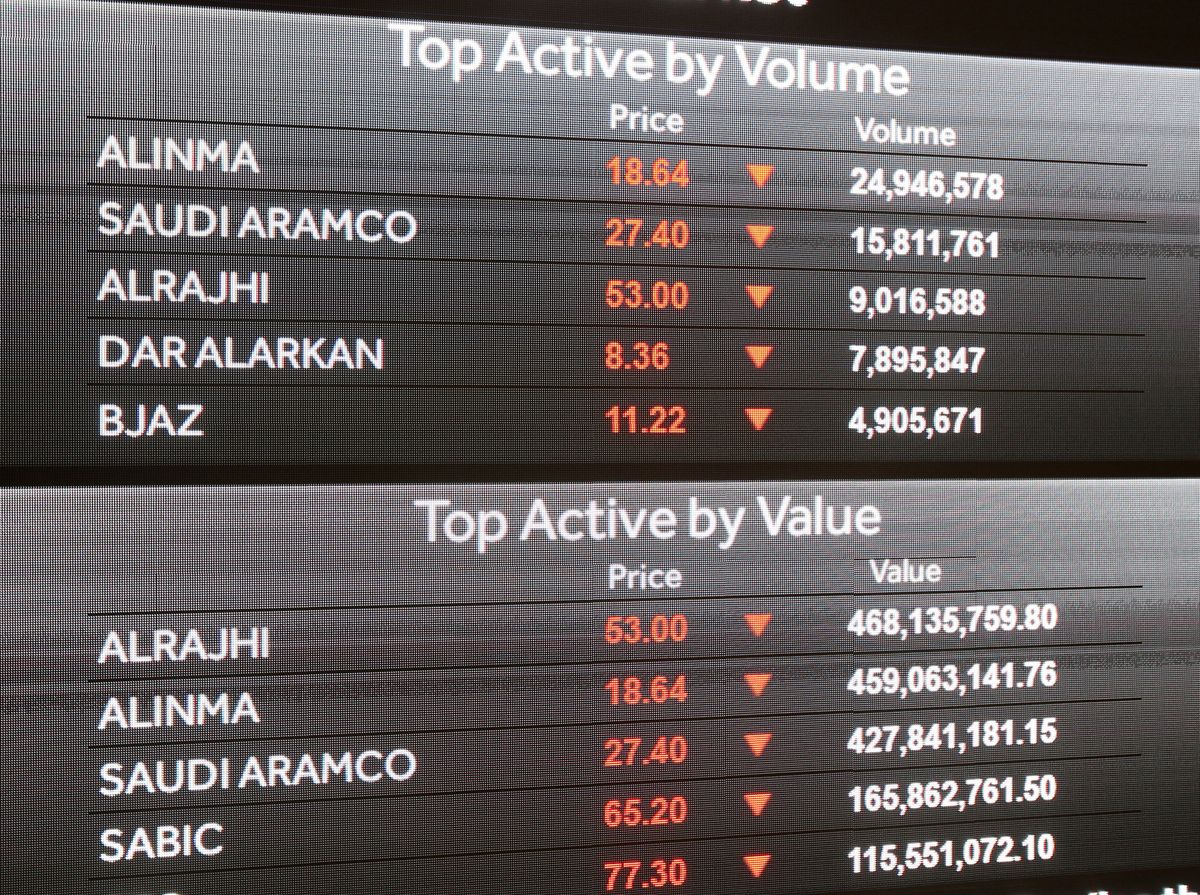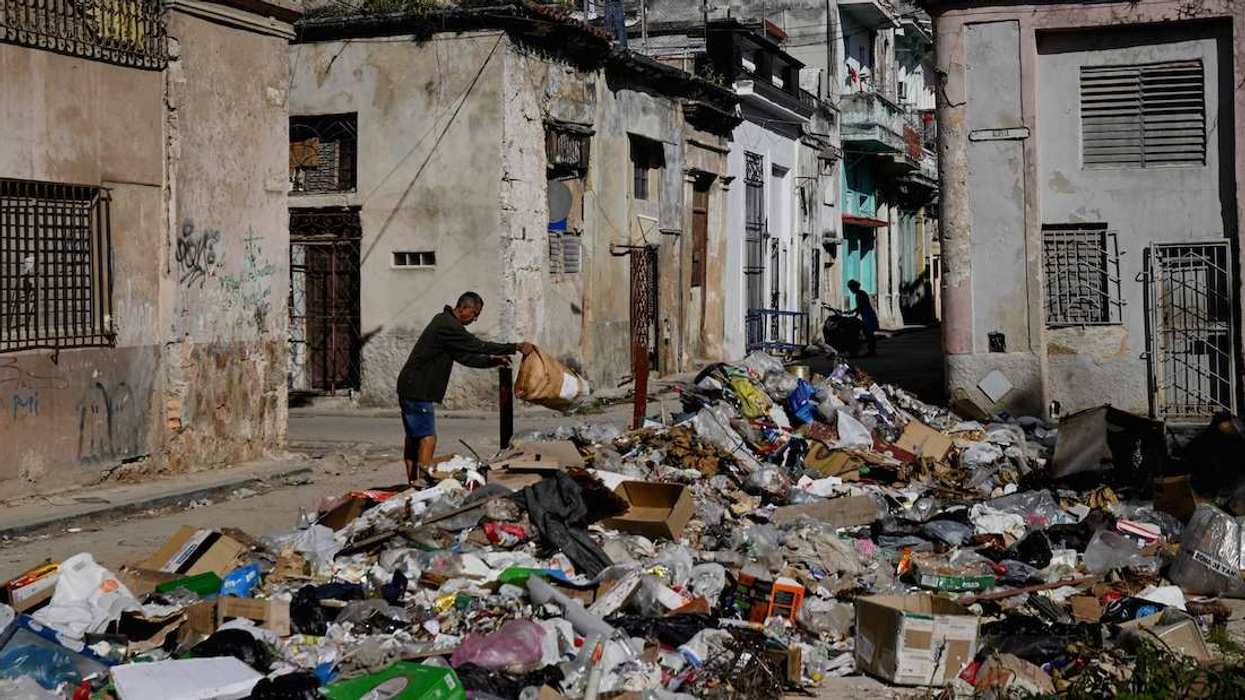For three years, Russia and Saudi Arabia, the world's two largest oil exporters, had a deal to prop up global crude prices by limiting production. They calculated that by producing fewer barrels, rising prices would make each barrel worth more.
Over the weekend, that deal collapsed when Russia backed out, allegedly because it decided that higher prices were also providing an unexpectedly large boost for the US oil industry, which has expanded its market share by increasing production by nearly 50 percent since the Russia-Saudi (formally, Russia-OPEC) deal began in late 2016. A lot of that increase has come from US shale oil.
Saudi Arabia, eager to show Russia that its market power is not to be ignored, slashed the price at which it sells its own oil, and moved to sharply boost production. The expected flood of new Saudi supply dropped global oil prices by more than 30 percent on Monday, the biggest overnight drop in almost three decades. Stock markets, already wobbly thanks to coronavirus, took a dive.
Now Moscow and Riyadh appear locked in a price war – a crude game of chicken that could last for weeks or even months. Oil markets are reeling because this conflict comes just as the coronavirus clobbers demand for oil as factories close, and as international shipping and air travel slow dramatically. More supply + less demand = price collapse.
Here's how the key players in this oil price drama are looking at this:
Saudi Arabia: Bring it on. If Russia won't play ball, Riyadh is happy to make them suffer lower prices, and if that also makes it unprofitable for American shale oil producers to get their stuff out of the ground, so much the better. By dint of geology, it costs the Saudis less to produce a barrel of oil than other major producers, so they can weather lower prices, at least for a while. But if this goes on too long, government revenues will suffer, and the Crown Prince will have less money to pour into his grand plan to develop the non-oil parts of the Saudi economy.
Russia: That escalated quickly. It's possible that Putin miscalculated by pulling out of the deal, not expecting such a swift and severe Saudi response. Russia can take the price hit for a good while – it has nearly $600 billion in reserves, including a $150 billion rainy day fund, and its budget is far less oil-dependent than it used to be. But a prolonged period of oil at $20-$30 per barrel would inflict some serious pain that Putin, powerful though he is, probably wants to avoid, if only to keep from running down his financial safety cushions too much.
The United States: Good for some, bad for others. On the one hand, low oil prices mean gasoline and other consumer goods get cheaper. On the other, oil companies make up a big chunk of the main stock indices, and those scrappy shale oil producers that have boosted US production in recent years are carrying a lot of corporate debt. If lower prices push them into insolvency, there is a risk of a severe financial contagion – right as the coronavirus also hits the US economy.
Other oil producing countries: This is bad. This is very bad. The price dive is frightening for major exporters like Nigeria and Mexico, which are struggling to find the money to fund big policy promises, and especially for Venezuela and Iran, which already have economic crises (as well as US sanctions) to manage.
Oil importing countries: The best thing at the worst time. If you are India or China or Turkey, all of which depend hugely on oil imports, you love lower oil prices. If only you didn't also have to worry about coronavirus, financial contagion, or wars and migrant crises.
Bottom of the oil well: Much depends on how long the Russia-Saudi fight goes on. It's possible that Saudi Arabia's big weekend move will bring Russia quickly back to the table for a new deal. If not, we could be in for a prolonged price war. That will inflict significant pain even on Saudi Arabia and Russia, but Vladimir Putin and Mohamed bin Salman are not exactly known for their willingness to back down from a fight.



















